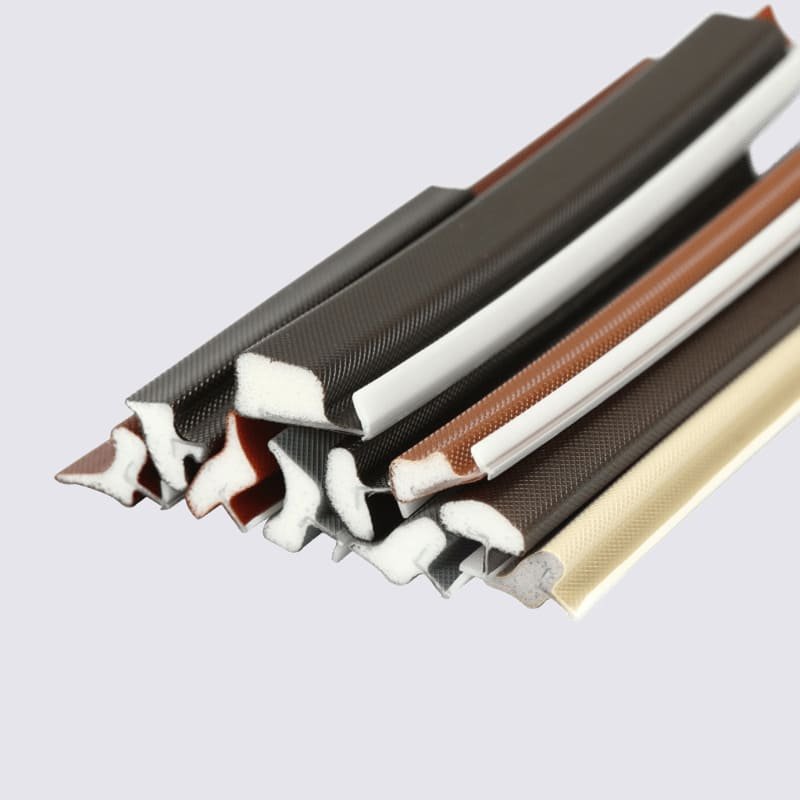충전 공기 냉각기, 인터쿨러라고도 불리는, 많은 터보 차저 엔진의 필수 구성 요소입니다.. Its job is to cool the hot compressed air coming from the turbocharger before it enters the intake manifold and cylinder head. This allows the engine to have cooler and denser air, which improves combustion efficiency and power output.
At the heart of the intercooler system is the 충전 공기 냉각기 호스 which carries the hot compressed air into the intercooler core and the cooled air back out. Like any other hose in a vehicle, the intercooler hoses are subjected to high pressures, 진동, extreme heat cycles, and potential damage from road debris. That’s why having a high quality charge air cooler hose is so important for performance and reliability.
Signs of a Failing Charge Air Cooler Hose
Some of the common signs of a failing or degraded charge air cooler hose include:
- Reduced engine power – Hotter intake air temperatures will reduce power output.
- Check Engine Light – Fault codes related to charge air temperature, intake air temperature, or boost pressure faults may be triggered.
- 눈에 보이는 균열, 부푼 것, 또는 누출 – Extremely hot compressed air and boost pressures will eventually cause rubber hoses to fail.
- Blowing or popping sounds – Audible air leaks usually signal a puncture or complete hose failure.
- Oil in the intercooler system – Can indicate a failed charge air cooler that allows engine oil to mix with the intake.
If you notice any of those symptoms, inspect the charge air cooler hoses carefully. Even minor cracking or soft spots in the rubber can lead to eventual failure. Replacing the hoses at the first sign of deterioration is recommended.
Hose Design Considerations
When selecting a replacement charge air cooler hose there are several important factors to consider:
- 온도 저항 – Must withstand temperatures well above 200°F. Silicone hoses offer best heat tolerance.
- Pressure rating – Boost pressures often exceed 15psi. Choose a hose rated for at least 20psi.
- 크기 – Must match the OEM charge air cooler piping diameter. Steps in hose diameter can restrict airflow.
- Reinforced – Multiple plies of fiber reinforcement stop vacuum collapse and strengthen the hose.
- End connections – Proper threaded or clamp connections are a must for an air-tight seal.
- 품질 – Stick with reputable performance brands known for durable charge air hoses.
Installing a New Hose
Replacing the charge air cooler hoses is generally a straight forward DIY project on most vehicles. Here are some quick installation tips:
- Inspect entire length of OEM hoses before removal to check condition.
- Loosen clamps at turbo outlet and throttle body inlet connections.
- Lift and wiggle hoses free from all mounting brackets.
- Transfer any mounting brackets onto the new hoses.
- Ensure ends are clean and free of oil before installing new hoses.
- Do not twist or sharply bend hoses to avoid kinks.
- Secure with clamps and check for air leaks after installing.
The job can typically be accomplished with simple hand tools in well under an hour. Just be sure to use quality replacement parts from a reputable manufacturer.
Protecting Your Investment
Once you have fresh charge air cooler hoses installed, be sure to take measures to protect them and extend their life:
- Careful routing – Avoid tight bends and provide sufficient support.
- Heat shielding – Wrap sections exposed to high temps with heat reflective tape.
- Cautious driving – Limit aggressive launches and speed bumps which stress hoses.
- 정기점검 – Periodically check for cracks, bulges or leaks.
- Reduce underhood temps – Improving airflow and insulation helps reduce ambient temps.




